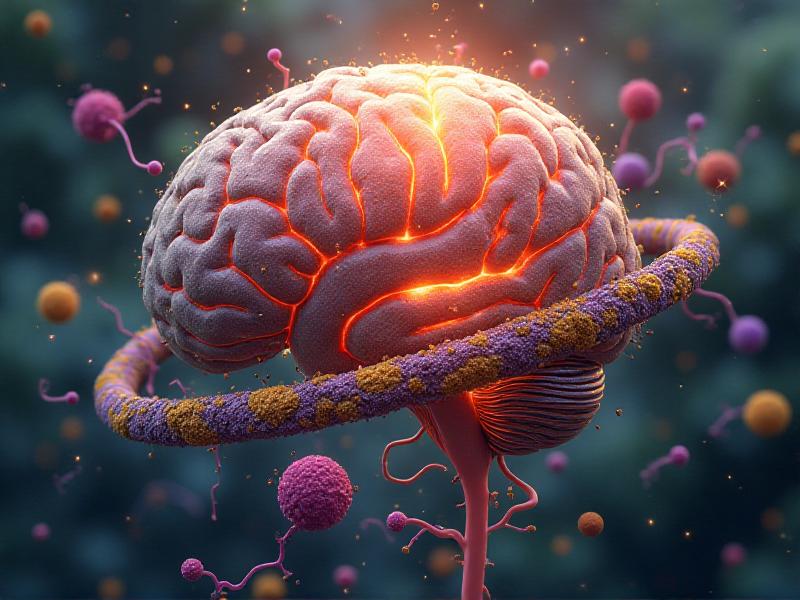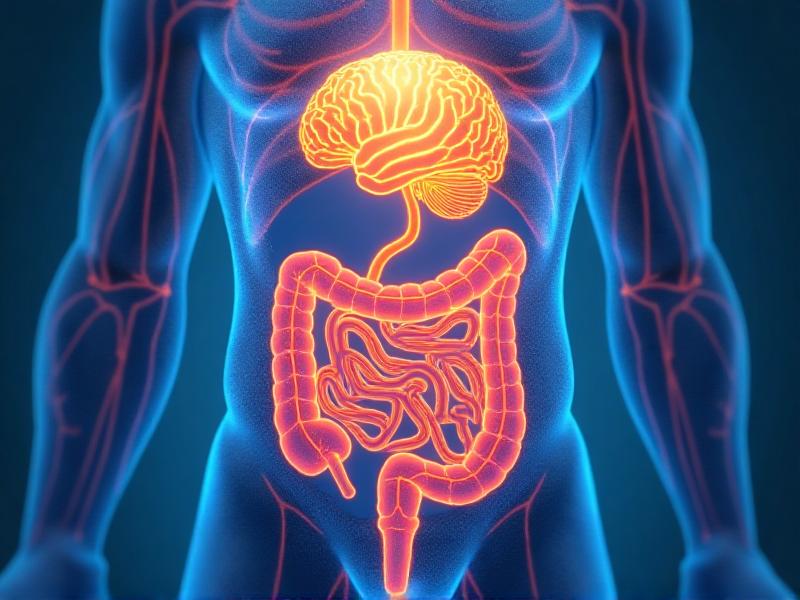Your Gut Feeling: A Revolutionary Approach to Mental Health
The Gut-Brain Connection: A Hidden Pathway to Mental Health
For centuries, the gut has been referred to as the "second brain," and modern science is beginning to uncover why. The gut-brain axis, a complex communication network linking the gastrointestinal tract and the central nervous system, plays a pivotal role in mental health. This bidirectional pathway involves neurotransmitters, hormones, and immune system signals that influence mood, cognition, and behavior. For instance, serotonin, often dubbed the "feel-good" hormone, is primarily produced in the gut. This revelation has sparked a revolution in mental health research, shifting the focus from the brain alone to the intricate interplay between the gut and the mind.
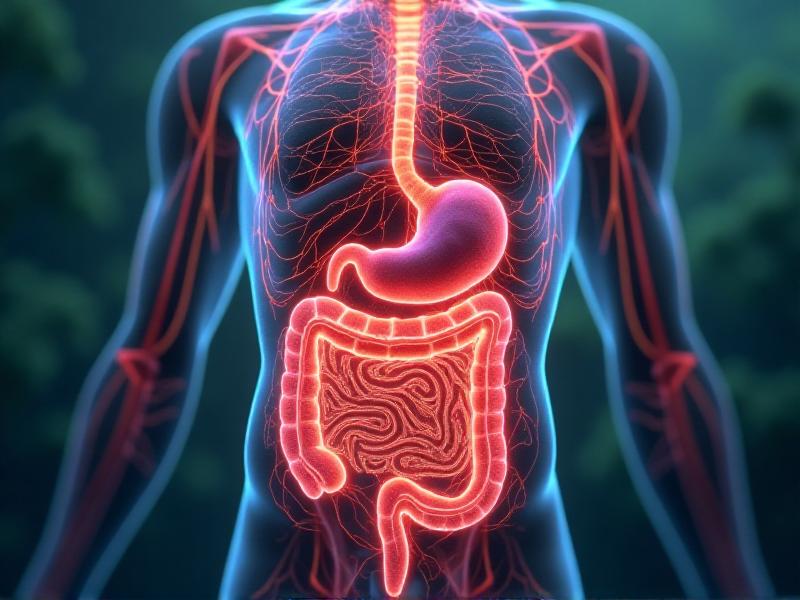
Emerging studies suggest that an imbalanced gut microbiome—known as dysbiosis—can contribute to mental health disorders such as anxiety, depression, and even autism. Researchers are exploring how probiotics, prebiotics, and dietary changes can restore gut health and, in turn, improve mental well-being. This groundbreaking approach challenges traditional psychiatric treatments, offering a more holistic and preventive strategy. By understanding the gut-brain connection, we can unlock new avenues for mental health care that are both effective and sustainable.
The Microbiome: Your Gut's Invisible Ecosystem
The human gut is home to trillions of microorganisms, collectively known as the microbiome. This diverse community of bacteria, viruses, fungi, and other microbes plays a crucial role in digestion, immunity, and even mental health. Each person's microbiome is unique, shaped by factors such as diet, lifestyle, and genetics. A healthy microbiome is characterized by a balance of beneficial and harmful microbes, but disruptions to this balance can have far-reaching consequences.
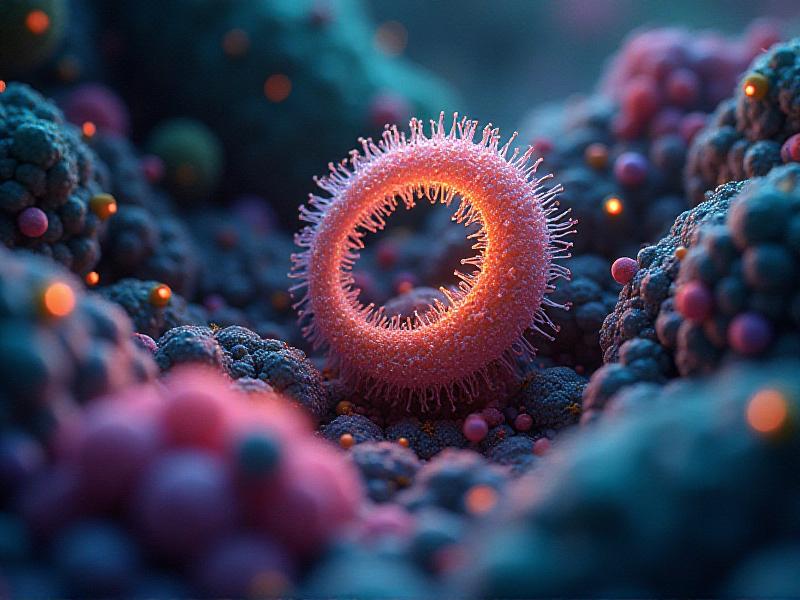
Recent research has linked an unhealthy microbiome to a range of mental health issues. For example, studies have found that individuals with depression often have lower levels of certain beneficial bacteria. Conversely, a thriving microbiome can produce compounds like short-chain fatty acids, which have anti-inflammatory and neuroprotective effects. By nurturing our gut's invisible ecosystem through diet, exercise, and stress management, we can support not only our physical health but also our mental resilience.
Food for Thought: How Diet Shapes Mental Health
The saying "you are what you eat" takes on new meaning when considering the gut-brain connection. Diet is one of the most powerful tools we have to influence our microbiome and, by extension, our mental health. Foods rich in fiber, such as fruits, vegetables, and whole grains, feed beneficial gut bacteria, promoting a healthy microbiome. On the other hand, a diet high in processed foods, sugar, and unhealthy fats can lead to dysbiosis and inflammation, both of which are linked to mental health disorders.

Certain foods have been shown to have particularly strong effects on mental health. For instance, fermented foods like yogurt, kefir, and sauerkraut are rich in probiotics, which can enhance gut health and reduce symptoms of anxiety and depression. Omega-3 fatty acids, found in fatty fish and flaxseeds, have anti-inflammatory properties that support brain function. By making mindful dietary choices, we can harness the power of food to nourish both our bodies and our minds.
Stress and the Gut: A Vicious Cycle
Stress is an inevitable part of life, but its impact on the gut is profound. Chronic stress can disrupt the gut microbiome, leading to inflammation and a weakened intestinal barrier—a condition often referred to as "leaky gut." This, in turn, can exacerbate stress and anxiety, creating a vicious cycle. The gut and brain are in constant communication, and stress signals from the brain can alter gut function, while gut disturbances can send distress signals back to the brain.

Breaking this cycle requires a multifaceted approach. Mindfulness practices, such as meditation and deep breathing, can help regulate the body's stress response. Regular physical activity has been shown to improve gut health and reduce anxiety. Additionally, fostering strong social connections and seeking professional support can mitigate the effects of stress on both the gut and the mind. By addressing stress holistically, we can protect our gut health and enhance our mental well-being.
Probiotics and Prebiotics: Allies for Mental Health
Probiotics and prebiotics have gained significant attention for their potential to support mental health. Probiotics are live beneficial bacteria that can be found in fermented foods and supplements, while prebiotics are non-digestible fibers that feed these bacteria. Together, they work synergistically to promote a healthy gut microbiome, which in turn supports brain function and emotional balance.
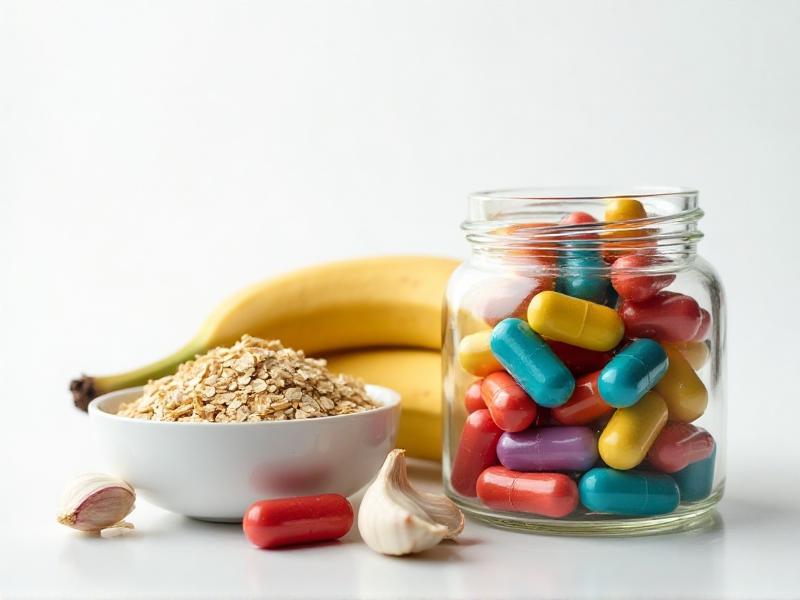
Clinical studies have shown that certain strains of probiotics, such as Lactobacillus and Bifidobacterium, can reduce symptoms of anxiety and depression. Prebiotics, found in foods like onions, garlic, and asparagus, enhance the growth of these beneficial bacteria. While more research is needed to fully understand their mechanisms, probiotics and prebiotics offer a promising, non-invasive approach to mental health care. Incorporating these allies into our daily routine can be a simple yet powerful step toward better mental and gut health.
The Future of Mental Health: A Gut-Centric Approach
As our understanding of the gut-brain connection deepens, the future of mental health care is poised for a paradigm shift. Traditional treatments, such as medication and psychotherapy, will likely be complemented by gut-centric interventions. Personalized nutrition, microbiome testing, and targeted probiotic therapies are just a few of the innovations on the horizon. This integrative approach recognizes the interconnectedness of the body and mind, offering a more comprehensive and effective way to address mental health challenges.

By embracing a gut-centric approach, we can move beyond symptom management to address the root causes of mental health issues. This revolutionary perspective empowers individuals to take an active role in their well-being, leveraging the power of their gut to achieve mental clarity and emotional balance. As research continues to unfold, the gut-brain connection promises to redefine our understanding of mental health and open new doors to healing.



